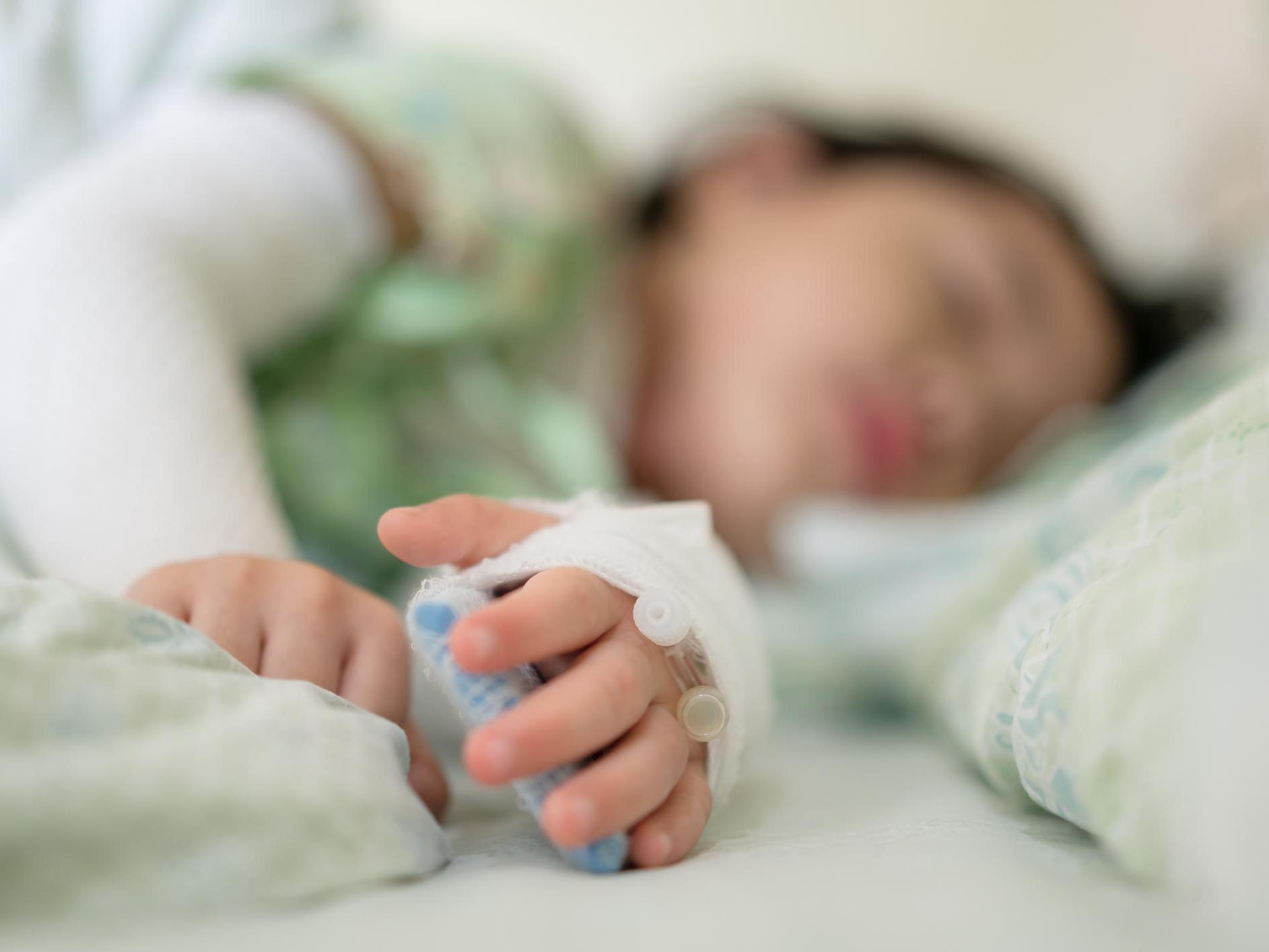Children developing Kawasaki-like syndrome despite testing negative for coronavirus
Researchers develop test confirming link between inflammatory disease to antibodies developed after immune system defeats Covid-19 virus

Your support helps us to tell the story
From reproductive rights to climate change to Big Tech, The Independent is on the ground when the story is developing. Whether it's investigating the financials of Elon Musk's pro-Trump PAC or producing our latest documentary, 'The A Word', which shines a light on the American women fighting for reproductive rights, we know how important it is to parse out the facts from the messaging.
At such a critical moment in US history, we need reporters on the ground. Your donation allows us to keep sending journalists to speak to both sides of the story.
The Independent is trusted by Americans across the entire political spectrum. And unlike many other quality news outlets, we choose not to lock Americans out of our reporting and analysis with paywalls. We believe quality journalism should be available to everyone, paid for by those who can afford it.
Your support makes all the difference.Children who previously tested negative for coronavirus and show no symptoms may be at risk of developing a newly emerged multi-inflammatory syndrome, experts have found.
A team of researchers at the University of Birmingham have developed an antibody test to confirm the diagnosis of children hospitalised with symptoms similar to those seen in Kawasaki disease, an inflammatory disease that causes blood vessels to swell.
A number of reports across the UK, US and Europe have emerged in recent weeks of children displaying a fever, rash, red eyes and lips and redness on the palms and soles of the feet. The new condition has been termed paediatric inflammatory multi-system syndrome – temporally associated with Sars-CoV-2 (PIMS-TS).
Although the number of children being hospitalised with symptoms of the syndrome is worrying, experts say the condition is still extremely rare and not a cause for alarm among parents.
In the UK, up to 100 children were affected by the disease. Many of the children tested negative for Covid-19 using the polymerise chain reaction (PCR) test but tested positive for antibodies, which doctors believe suggests the syndrome is being caused by the effects of antibodies created after the virus has been overcome by the immune system.
The blood test developed by researchers in Birmingham appears to confirm this, as results showed that every child tested had high levels of anti-Sars-CoV-2 antibodies and the pattern of antibodies detected indicated the infection most likely occurred weeks or even months previously.
The PCR test detects the genetic information of the virus and would only show a positive result if the person has an active infection. The majority of current Covid-19 test figures are from PCR tests.
Dr Alex Richter, lead researcher and consultant immunologist at the University of Birmingham’s Institute of Immunology and Immunotherapy, said: “By focusing on assay development using academic principles, we have designed a sensitive antibody test that can be used to detect exposure to Sars-CoV-2 infections.
“The test will be used to understand how many people have suffered from Covid-19 in our communities but we have found another use identifying PIMS-T in these sick children.”
Dr Barney Scholefield, a paediatric care consultant at Birmingham Women’s and Children’s NHS Foundation Trust, said: “Having access to cutting edge immunology expertise and the new sensitive antibody test at the University of Birmingham has been essential in allowing rapid diagnosis and early treatment of these critically unwell children with PIMS-TS.”
Join our commenting forum
Join thought-provoking conversations, follow other Independent readers and see their replies
Comments